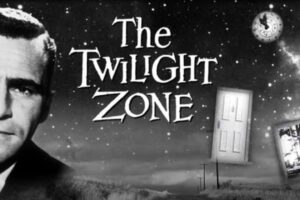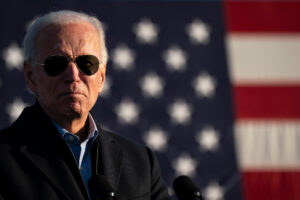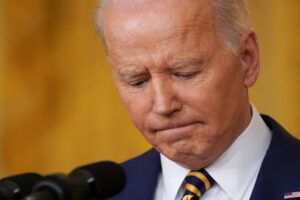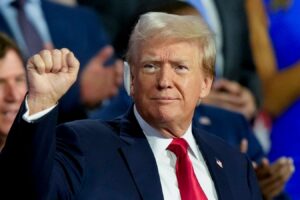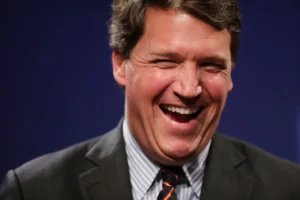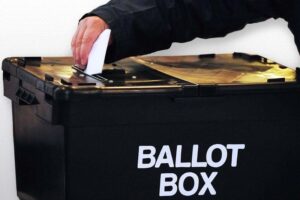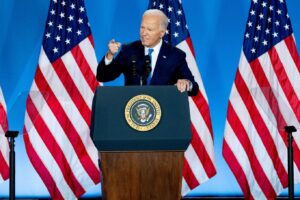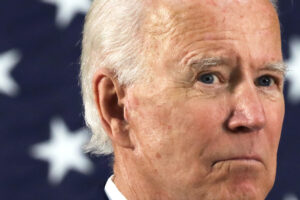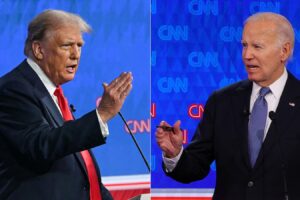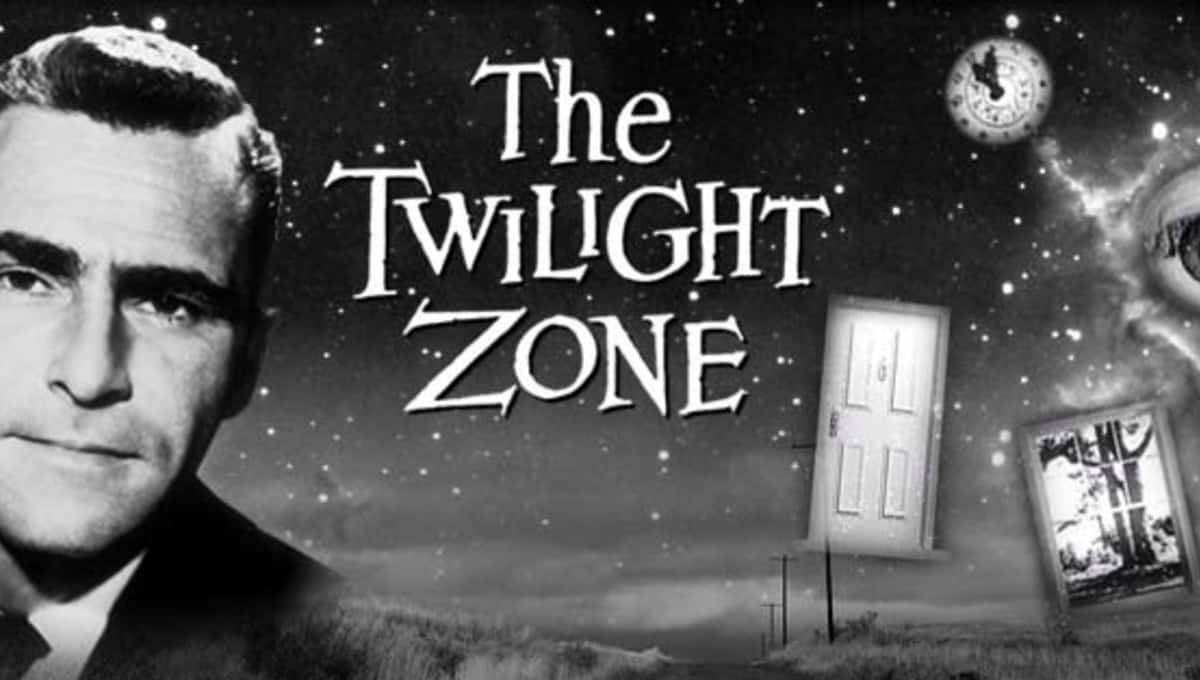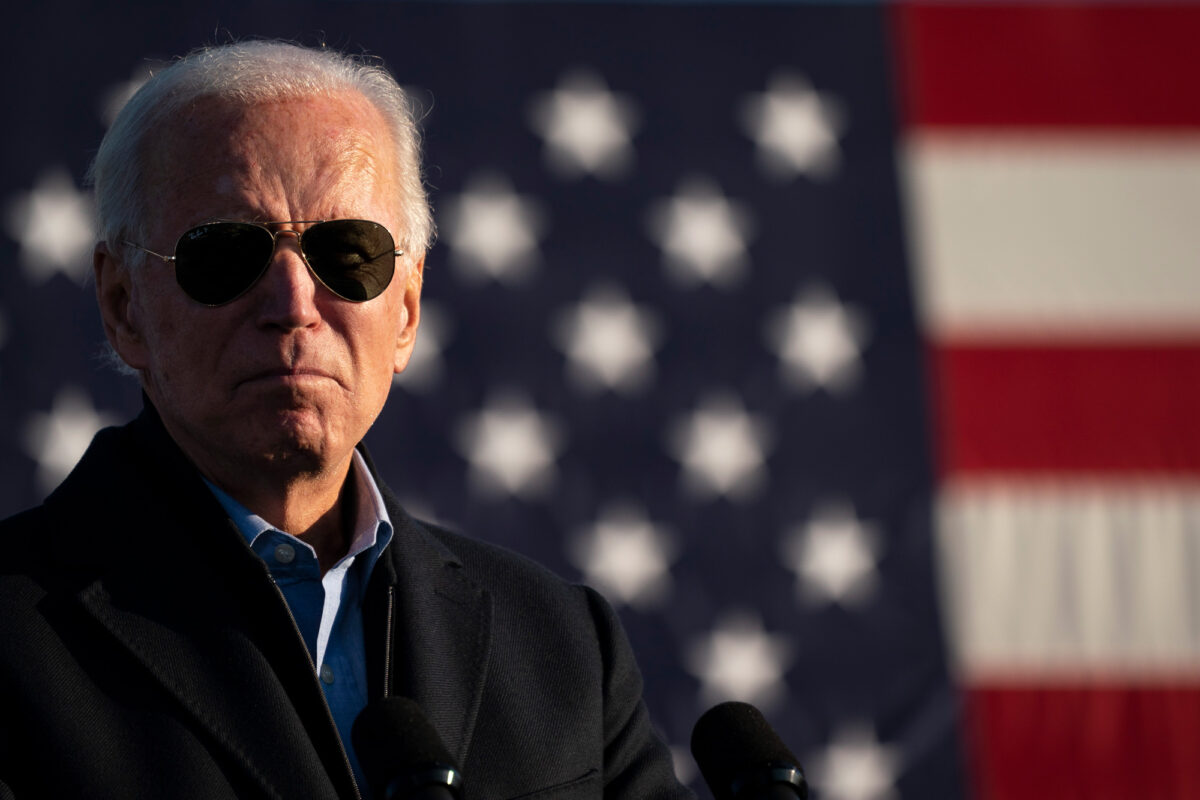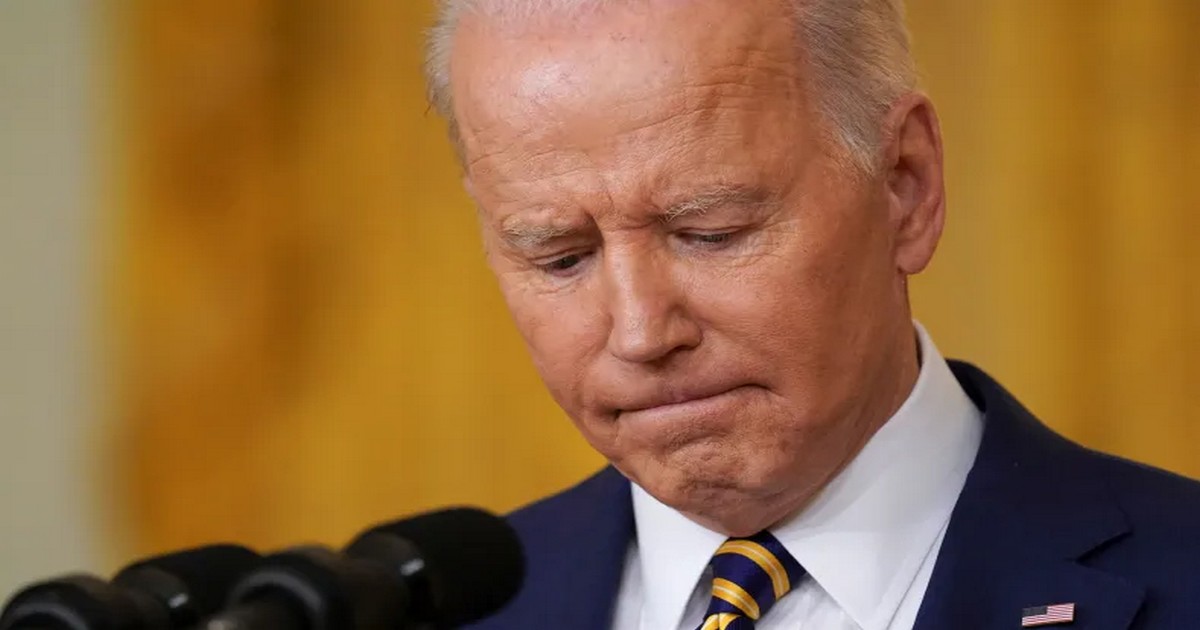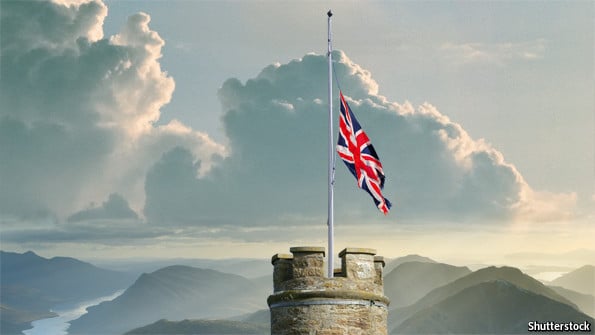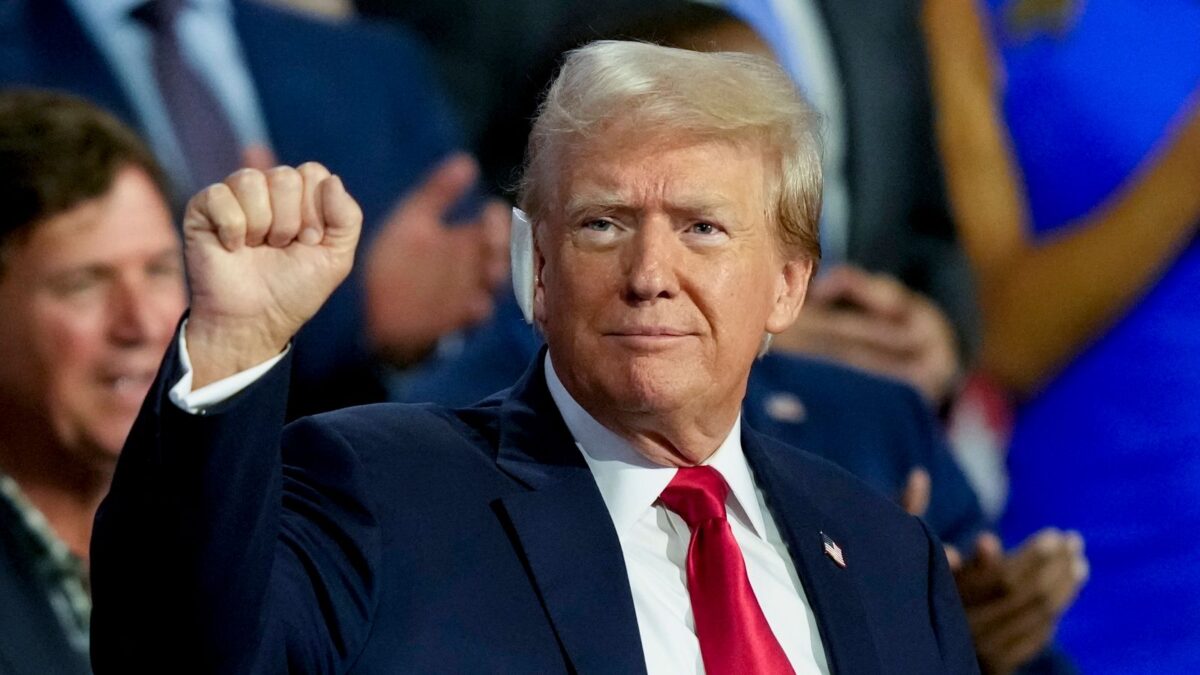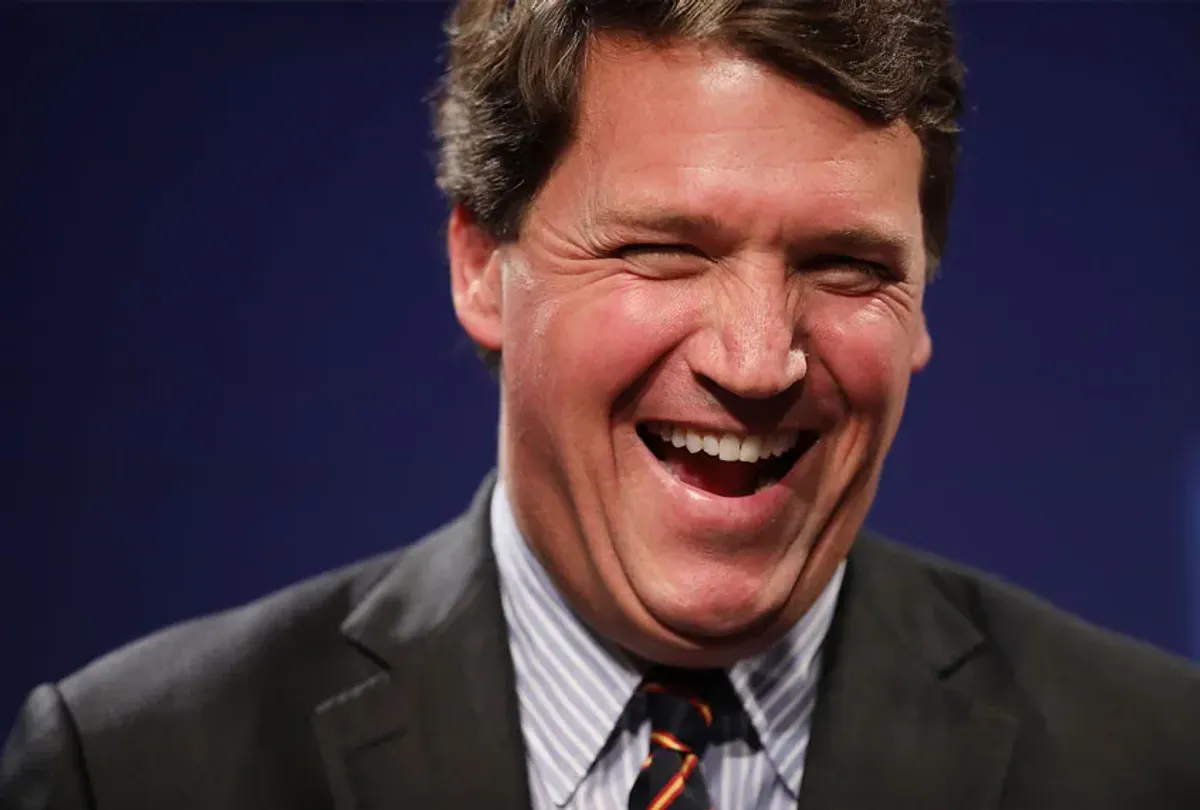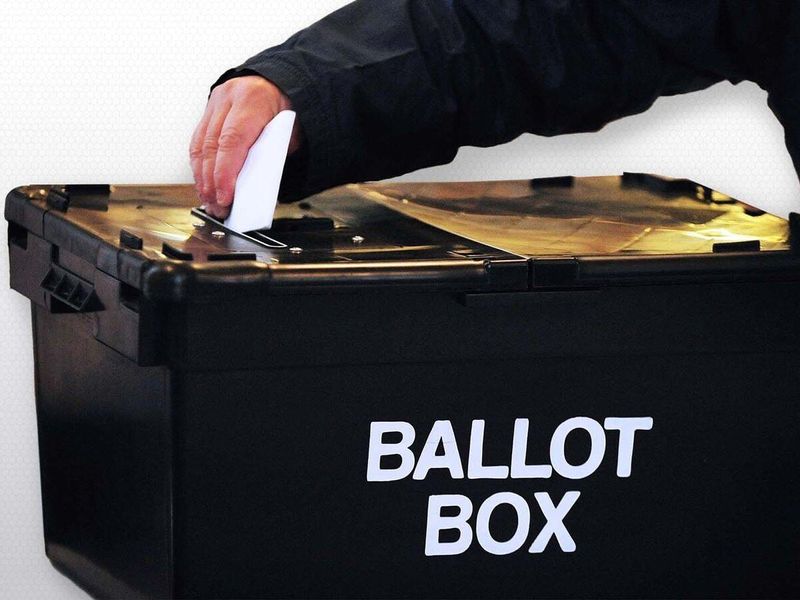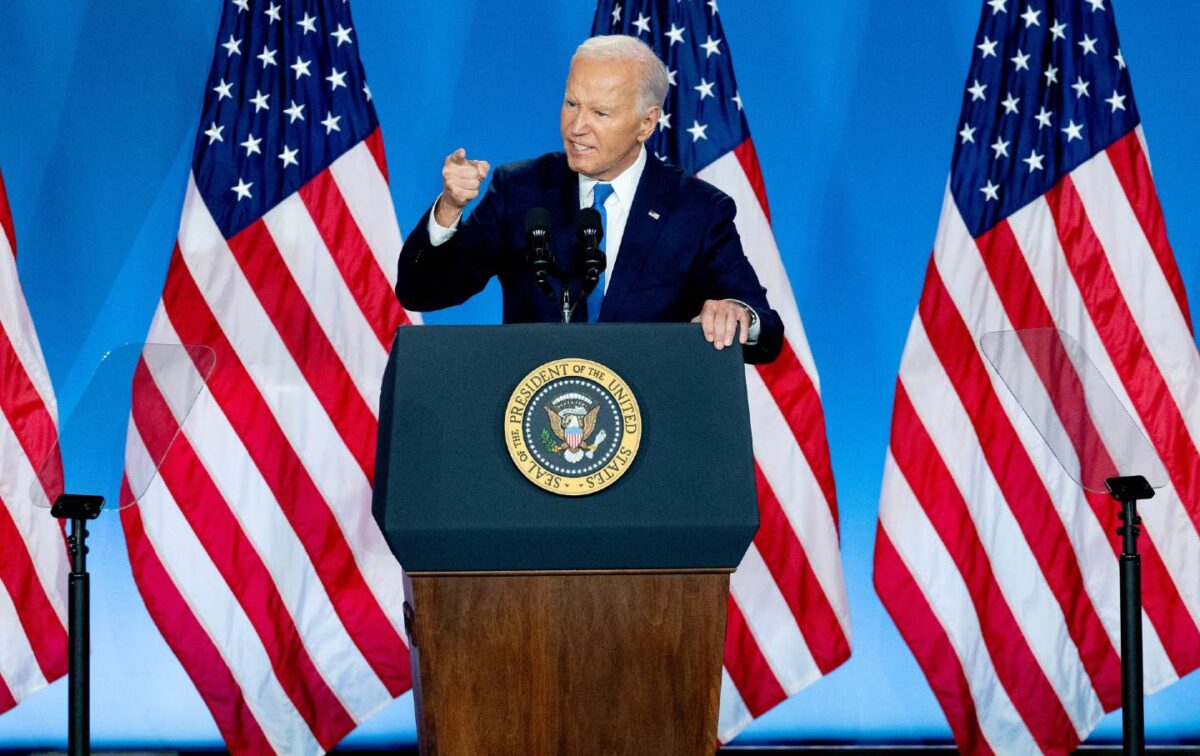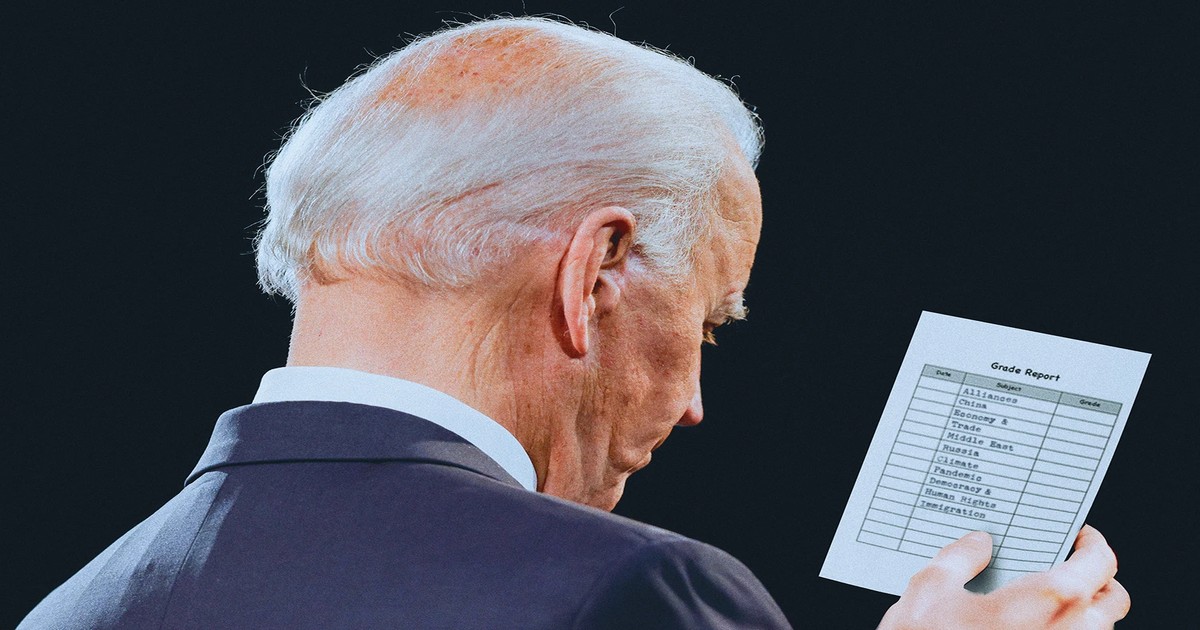David Sedgwick
David Sedgwick is an author and academic whose latest book ‘Is That True Or Did You Hear It On The BBC?’ has recently been released in audiobook format. Click Here
________________________________________________________________________________________________________________

Since his acquisition of Twitter, Elon Musk has been a very busy CEO indeed. From blue-tick accounts, shadow bans and partisan political censorship, the billionaire Tesla founder has completely revamped the social media platform, transforming it from a place of establishment conformity to a place where that conformity is (theoretically) open to challenge.
But not everybody is enthused with Twitter’s drive towards equality and empowerment; not everybody welcomes a situation whereby ordinary citizens are able to directly challenge power without fear of sanction. Though accountability is the foundation of a healthy, functioning democracy there are certain actors seemingly affronted by the social media company’s direction of travel under Musk.
The mainstream media for one is incensed. Viewers and listeners to recent BBC output will be all too familiar with the incessant anti-Musk content. Hardly a day goes by where the impartial broadcaster is not attempting to undermine Musk one way or another; if it’s not describing the ‘chaos’ at Twitter, then it’s gleefully reporting falls in Tesla stock. One BBC report feigned horror at the news that Twitter actually provides facilities for late-working employees!
While the broadcaster’s anti-Musk campaign has become a fact of life for BBC consumers, those same consumers may not fully appreciate the rationale which underpins it. BBC attempts to topple wrong-thinking presidents, and now CEOs, don’t happen by chance; they are always part of a wider agenda. What better way to ensure the architects and beneficiaries of these agendas avoid scrutiny than by restricting what can and cannot be said in the public forum? What better way than to control social media platforms like Twitter – a place open to all irrespective of wealth or status.
Elon Musk’s utopian vision of a politically neutral social media platform could never favour the corporate-political elite in the way of old Twitter, silencing and deplatforming as was its predilection those daring to criticise the status quo, mainly, but not exclusively, the political right. Musk’s aspirational Twitter therefore represents an existential threat to the prevailing liberal-left orthodoxy – albeit a perceived threat. And that simply won’t do.
For it is precisely the interests of this same group of woke corporate-political powerbrokers which are aggressively promoted and defended by, amongst others, the BBC and its mainstream allies. Other establishment defenders include The Washington Post. The Jeff Bezos owned publication’s deep connections to the CIA, US State Department et al are hardly a secret. Like its ideological counterparts at Broadcasting House the Post’s role as purveyor of establishment-state propaganda is similarly not in doubt, nor ever has been.
The playbooks of the Post and BBC are indeed eerily similar, their political biases identical. Both organisations duly have their own ‘fact-checking’ arms. Now it goes without saying that the job of the modern fact-checker resides not in establishing veracity, but rather promoting establishment consensus, to enable those who wield power to always have the last word. For fact-checker read gas-lighter.
Provided the corporate-legacy media sticks together – which it invariably does – a tiny unrepresentative minority of mainstream media operatives really can subvert reality. What matters is that, propelled by the sheer weight of establishment power invested in it and the fallacy of consensus which invariably ensues from their ‘fact-checking,’ organisations like The Washington Post and the BBC can and do turn reality on its head.
‘Fact-check’ complete, it’s time to move on. Case closed. Which is what ought to have happened following on from a recent article by the Post’s Glenn Kessler. But it didn’t happen, not on this occasion. The public forum did not move obediently on. Thanks to Twitter it stayed rooted to the spot, calling out the Post’s self-styled fact-checking guru.
Kessler had claimed in a ‘fact-check’ that New York District Attorney Alvin Bragg had not been funded by rabid anti-Trump Svengali George Soros. Bragg just so happens to be the DA who has just indicted the former president in what many suspect is a politicised act on behalf of Trump’s political opponents. For a country that portrays itself as a beacon of democracy and liberty such shenanigans are not a good look – more Zimbabwe than apogee of western liberal democracy.
In order to fire-fight on behalf of Soros and the Democrat party Kessler went into battle with a ‘fact-check.’ The verdict was predictable enough: No, Soros did not fund Bragg. Thus, the indictment of Trump was not politically motivated. End of story.
And there the matter might have been expected to rest – at least in the pre-Musk Twitter days. For the social media platform went on to do something unprecedented, and which caused the Post’s chief fact-checker serious embarrassment: Twitter added a community note to Kessler’s tweet linking to his article. To a cacophony of joy and schadenfreude a-plenty, Twitter had actually fact-checked the fact-checker! And not before time.
Soros had of course funded Bragg. For those inclined the details of how the Democrat party mega-funder did this are widely available. Humiliated but by no means ready to concede, a bristling Kessler responded the only way he could – with even more disingenuity receiving, for his troubles, yet another community note. Twitter begged The Washington Post journalist to triple down, to go for a hat-trick of notices – an invitation he wisely declined.
Not so long ago Glenn Kessler would have got away with his ploy. Before Elon Musk arrived on the scene his dishonest ‘fact-check’ would have passed effortlessly into truth. Aided and abetted by fellow travellers in the corporate-legacy media such as the BBC Kessler’s (dishonest) word would have indeed been the final one. That no longer appears to be the case.
Could Kessler’s public shaming then signal the beginning of the end for the ‘fact-checking’ industry? If so, it might go some way to explaining the BBC’s strident antipathy towards Musk. After all, if Twitter is no longer a sanctuary for servants of the global establishment, a safe space from which they can invert reality without fear of pushback, what will become of the broadcaster’s own ‘Reality Check’ faculty and its ever-expanding ‘disinformation’ team?
The last thing the establishment needs is a public forum wherein the proclamations of its paid-up ‘fact-checkers’ can so readily be debunked. In the light of Glenn Kessler’s humiliation expect the BBC’s anti-Musk campaign to go in one direction only: hyperdrive.
Views: 176



